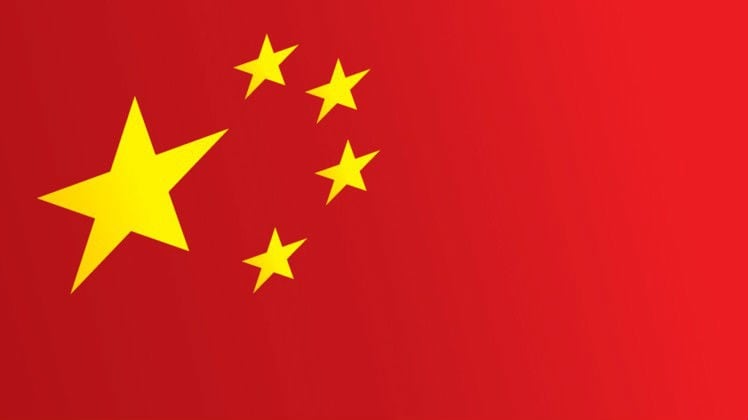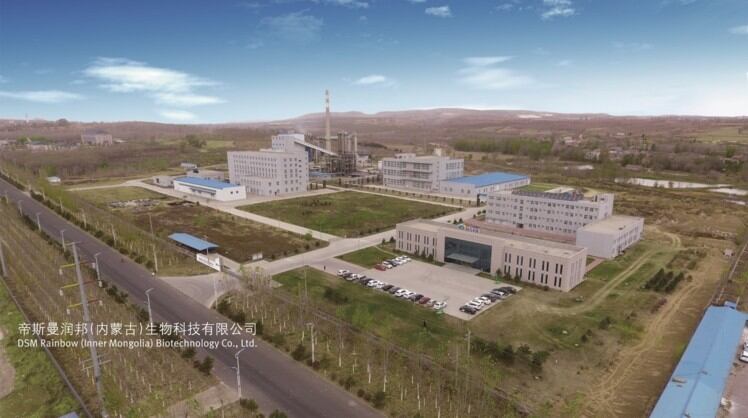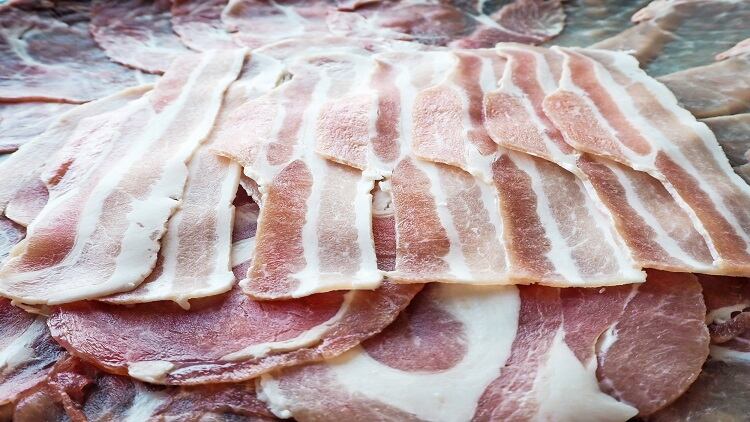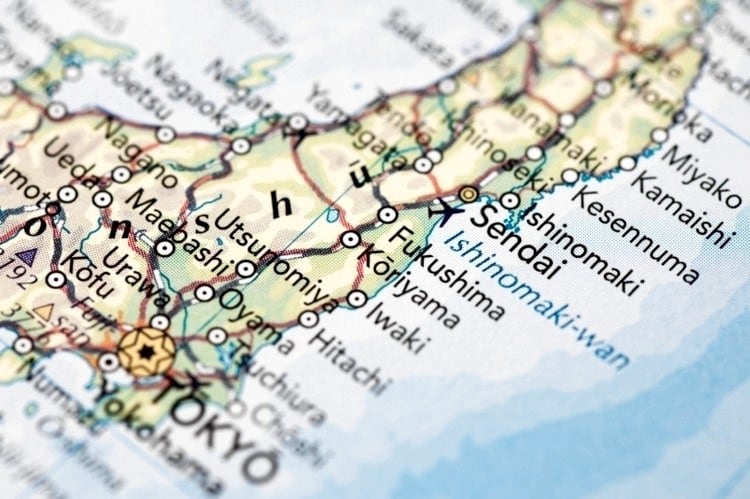Chairing the China State Council’s first food safety commission plenary session, Han emphasised the need to focus on solving China’s food safety issues.
“Food safety concerns the health of everyone, and is one of the top concerns of the people,” said Han.
“Standards in the food industry are fundamental to food safety, and [we need to] establish and improve a standard system in order to bring China’s standards in line with international standards as soon as possible.”
“For those who go against their conscience and moral values and produce or sell fake items, a lifelong industry ban must be placed on them, and the corporation must be penalised,” he added.
Han said that these efforts would be part of the requirements China Premier Xi Jinping has put forth with regard to food safety.
“Supervision also needs to be strengthened over every phase of food production, circulation and consumption from farm to table,” Han added
Additionally, the community and media outlets must be encouraged to participate in the supervisory process to ensure timely reports of illegal activity, with “protection provided” for whistleblowers.
Han also mentioned the need for more targeted, effective and practical measures to address the issues that concern people the most.
“[These issues include] pesticide residue on fruits, vegetables, crops; adulterated food; and the sanitary conditions of kitchens,” he said.
Food safety scandals in China
It is no surprise that the Chinese government in cracking down on food safety, considering that China has seen more than its fair share of food safety scandals in the past few years. In 2017, nine out of ten breaches of food and beverage regulations in Asia Pacific occurred in China.
One of the most prominent, the 2008 melamine infant formula contamination scandal, led to an overhaul of China’s dairy industry.
That said, yet another Chinese dairy scandal surfaced in 2015, which saw prominent manufacturer Huishan Dairy’s products recalled after illegal amounts of sodium sulfocyanate were detected.
More recently, a syndicate producing fake foods including seasonings, spices, stocks and sauces and marketing them under well-known names such as Nestle, Knorr and Lee Kum Kee was uncovered in Tianjin, China.
The products were made using recycled spices, tap water and industrial-grade salt which is dangerous to human health due to carcinogenic and heavy metallic properties.
In Guangzhou, factory workers were arrested in 2017 after it was discovered that rotting pig carcasses were being used to extract oil. This was being packaged and shipped to warehouses, most likely to be sold as cooking oil.
2016 alone saw China uncovering 500,000 food safety violations from January to September.





